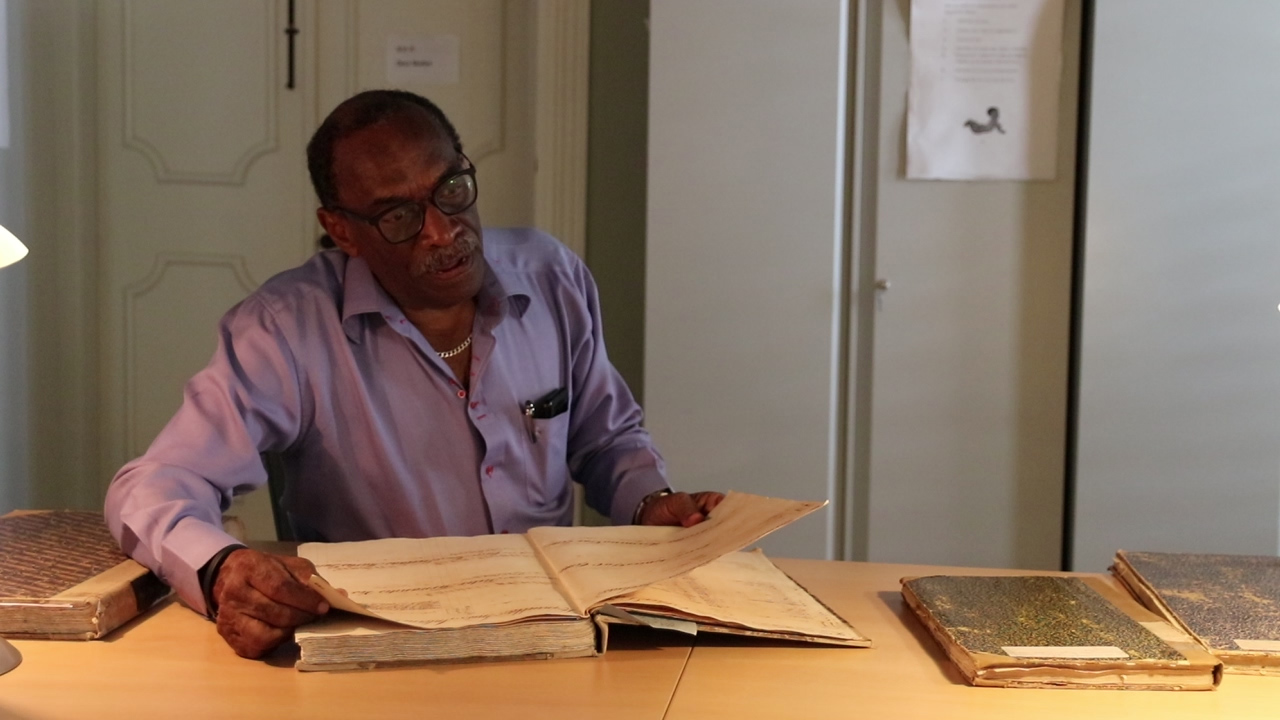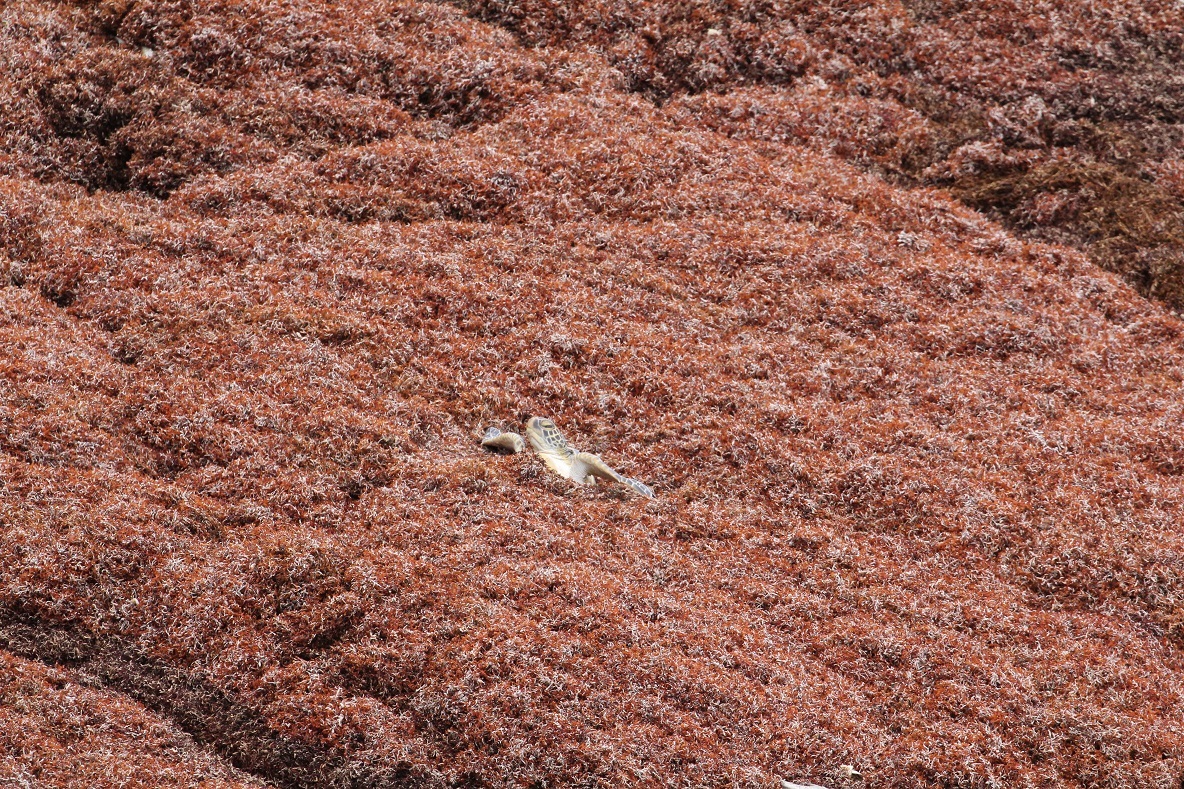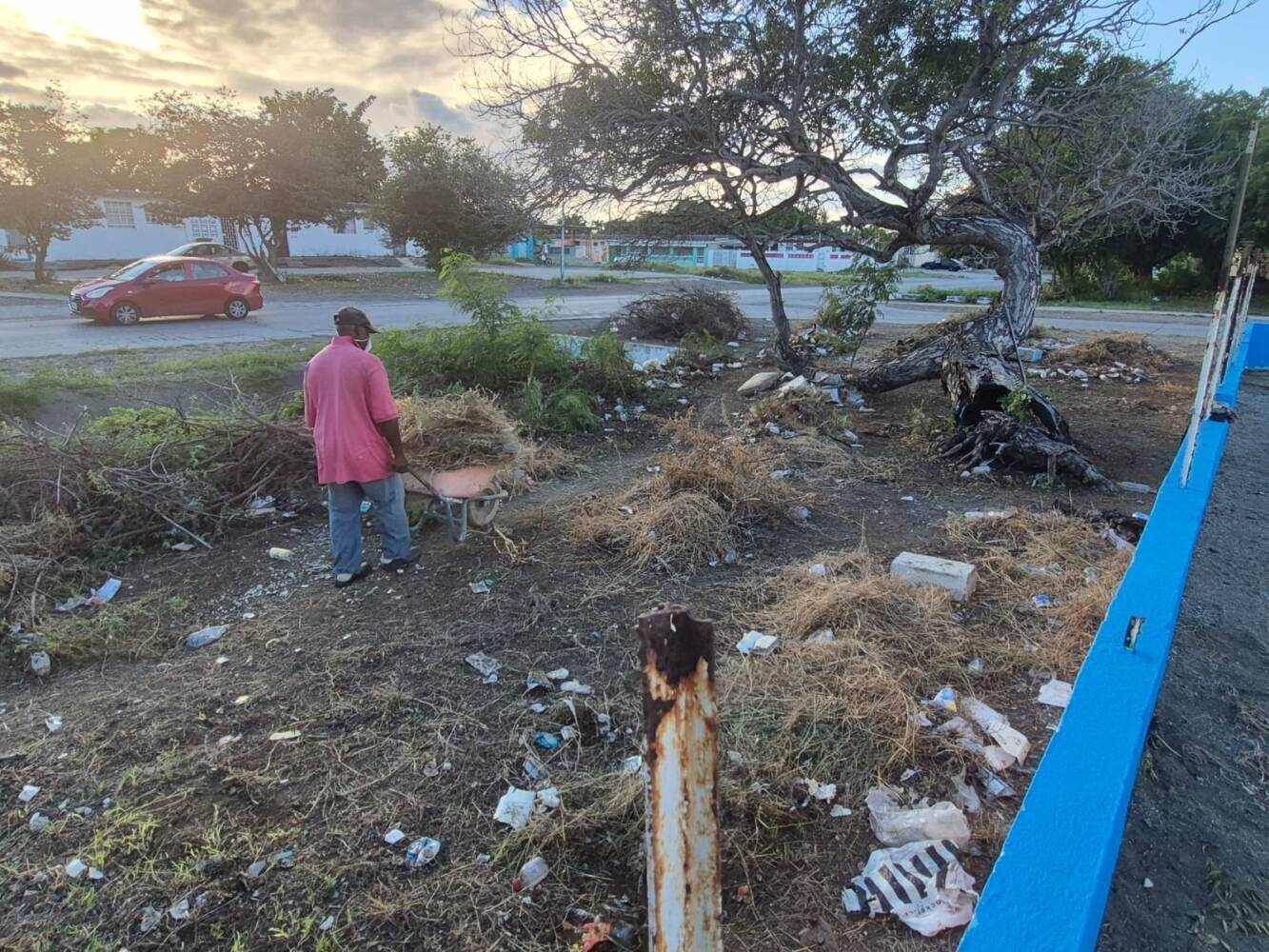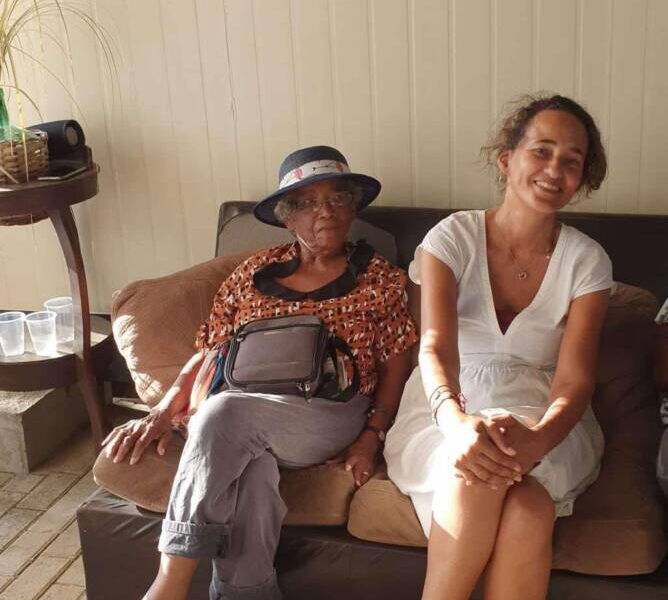WILLEMSTAD – The launch of the Slavenregister (slave register) fills a gap in the history of slavery on Curaçao, because now everyone can find out whether their ancestors were slaves. That’s what Frank Quirindongo, chair of the Slavernij Platform en Erfenis van de Slavernij, says. “Only through knowing your history, can you know yourself.”
On August 17, 2020, exactly 225 years after the big slave revolt led by Tula started, eight slave registers were published online. The National Archive (Nationaal Archief) has made the digital archives available on its website. The registers contain more than 21 thousand registrations starting in 1839.
Video by Kim Hendriksen
The Slavenregister is not complete yet. According to Quirindongo the period after July 1st 1863, after slavery, still has to be added. “Then we can investigate what happened to the freed slaves. How many of them went to Willemstad or stayed on the plantations and how they lived and worked.”
Family ties
According to historian Jeanne Henriquez consulting the registers can lead to family members finding each other for the first time. Henriquez is most interested in the genealogy books (family books). These books illustrate how different families intermingled through the ages.
The old registers, which were originally written by hand in different books, show for example who died and who fled before 1863. Henriquez: “The eight registers also show how many generations stayed on one plantation. Now that these registers are online, it’s easier to verify information.”
Project Sablika
Max Scriwanek, director of the National Archive, says that the Slavenregister will be expanded upon and that an exposition is in the works. For this project, the researchers – scientists, anthropologists, archeologists, and historians – have chosen the name Sablika. Sablika was the name of revolt leader Tula’s alleged girlfriend.
As researchers, Quirindongo and Henriquez know how to access the registers online. To make the Slavenregister more accessible for everyone, the National Archive plans on making online courses available shorty explaining how to search through the database.








